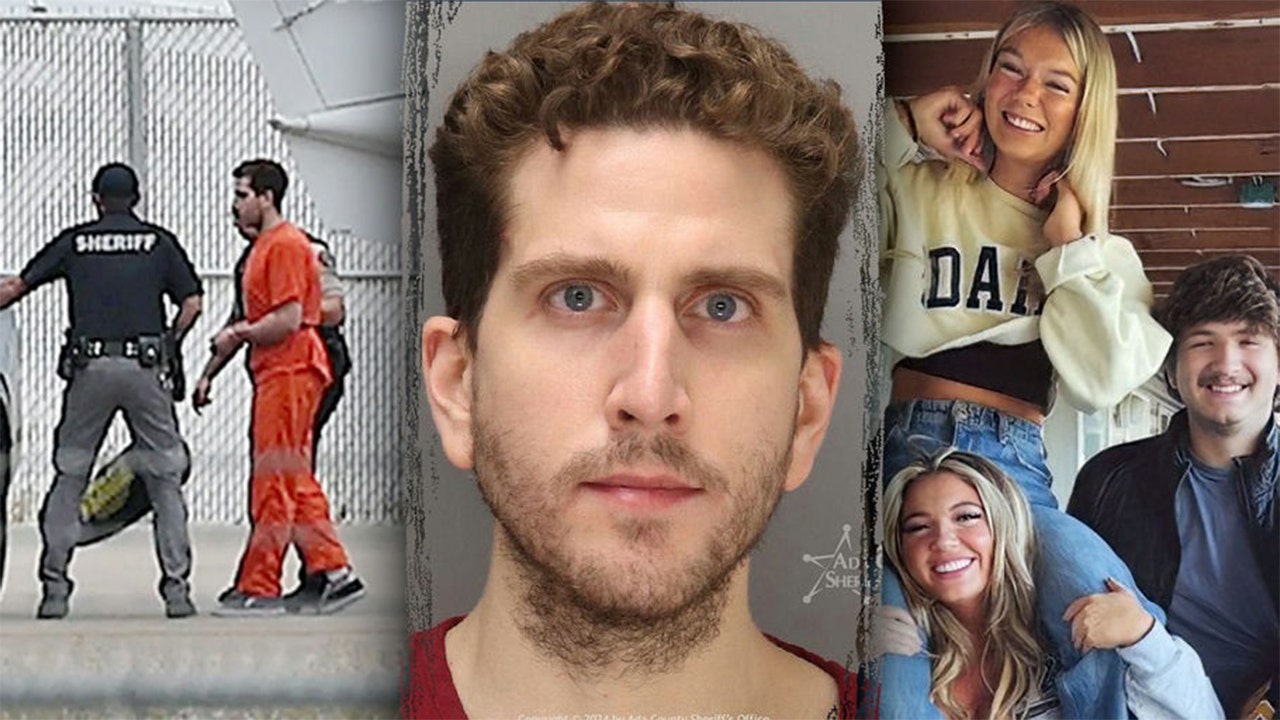The Bryan Kohberger Case: A Deep Dive into the Legal Maneuverings
As the legal proceedings surrounding Bryan Kohberger, the suspect in the tragic University of Idaho student murders, continue to unfold, the courtroom drama intensifies. With a pivotal hearing scheduled for November, Kohberger’s defense team is working diligently to navigate the complexities of the case, particularly in their efforts to challenge the death penalty.
Background of the Case
Bryan Kohberger is accused of the brutal murders of four University of Idaho students—Madison Mogen, Kaylee Goncalves, Xana Kernodle, and Ethan Chapin—on November 13, 2022. The attack occurred in a six-bedroom home just steps from the university campus, where the victims were gathered. The crime shocked the community and garnered national attention, leading to a swift investigation that ultimately identified Kohberger as the prime suspect.
Kohberger, a former Ph.D. student in criminology at Washington State University, was arrested in December 2022. Prosecutors allege that he committed the murders with a Ka-Bar knife, with DNA evidence linking him to the crime scene. The case has since become a focal point for discussions around criminal justice, mental health, and the ethics of capital punishment.
The Defense Strategy
As Kohberger’s trial approaches, his defense team, led by attorney Jay Logsdon, has ramped up their efforts to counter the prosecution’s case. In a recent flurry of legal filings, the defense submitted over a dozen documents aimed at challenging the prosecution’s assertions and the potential imposition of the death penalty.
One of the key strategies employed by the defense is to introduce expert witnesses who can provide insights into Kohberger’s mental state and the circumstances surrounding the alleged crimes. The defense argues that the death penalty is not only excessive but also potentially cruel and unusual, violating contemporary standards of decency. Logsdon points out that only 24 states currently allow the death penalty, and public support for it has waned significantly.
Challenging the Death Penalty
The defense’s argument against the death penalty is multifaceted. Logsdon contends that the prosecution’s claims of Kohberger’s "future dangerousness" are unfounded and that the legal definitions of murder and manslaughter have been misapplied in this case. He cites the ongoing case of Thomas Creech, a death row inmate, to illustrate the complexities and potential injustices within Idaho’s capital punishment framework.
Logsdon emphasizes that the Idaho Supreme Court’s historical rulings have failed to adequately define the criteria for death eligibility, arguing that this oversight could lead to wrongful convictions and sentences. He asserts that the state’s approach to capital punishment must be reevaluated in light of evolving societal norms and legal standards.
The Prosecution’s Position
In response to the defense’s motions, prosecutors have maintained a firm stance on seeking the death penalty. They argue that Kohberger’s actions demonstrate a clear propensity for violence and a continuing threat to society. The prosecution’s filings highlight the severity of the crimes and the impact on the victims’ families, framing the case as one that warrants the ultimate punishment.
As the legal battle unfolds, the prosecution is also tasked with addressing the defense’s claims regarding the definitions of murder and manslaughter. This aspect of the case could prove crucial in determining the charges Kohberger ultimately faces and the potential penalties if he is convicted.
The Upcoming Hearing
The upcoming hearing in November is set to be a critical juncture in the case. It will provide a platform for both sides to present their arguments regarding the death penalty and the admissibility of expert testimony. The outcome of this hearing could significantly influence the trajectory of the trial and the strategies employed by both the defense and prosecution.
As the legal proceedings continue, the case remains a poignant reminder of the complexities of the criminal justice system and the profound implications of capital punishment. The community and the nation watch closely, awaiting the next developments in this high-profile case that has captured public attention and raised important questions about justice, morality, and the law.
